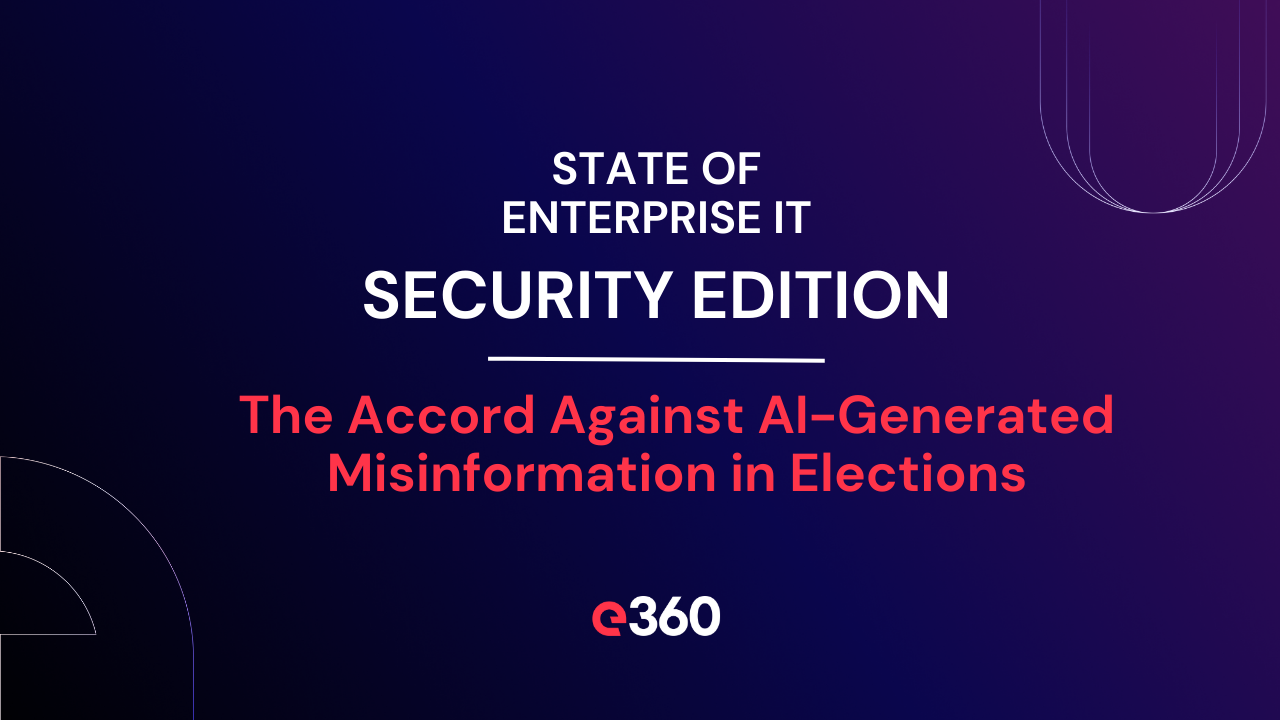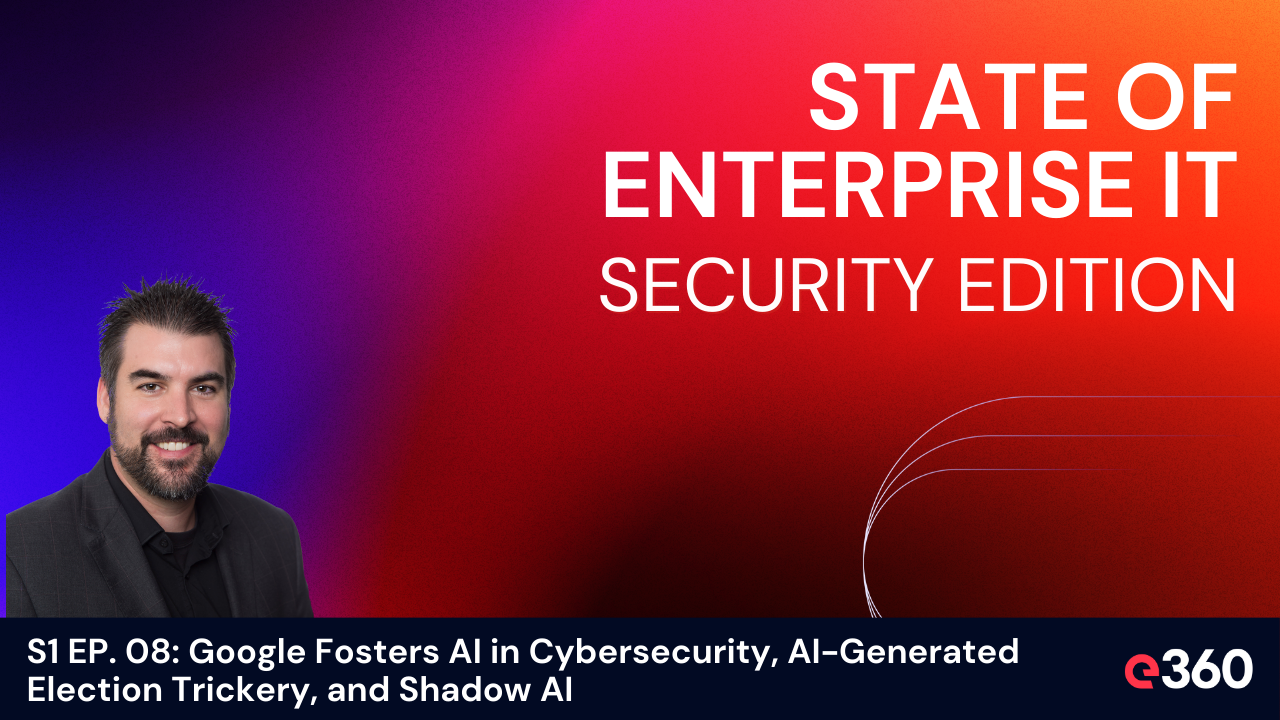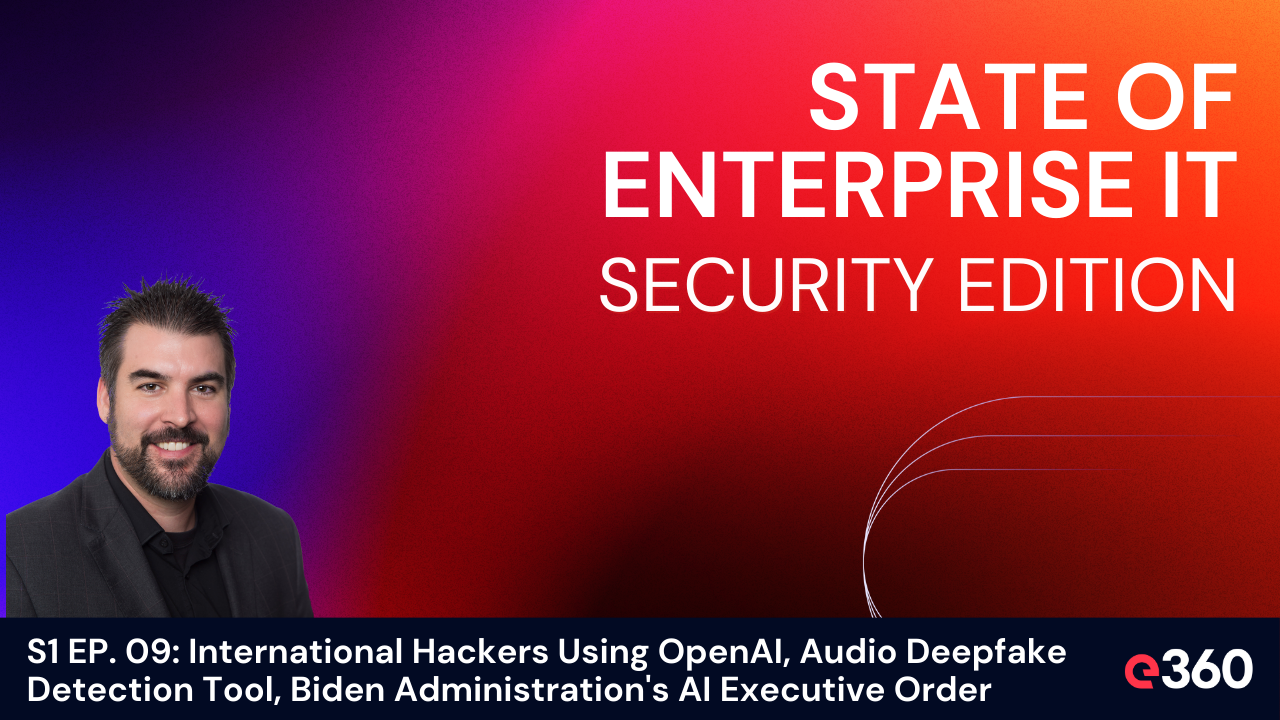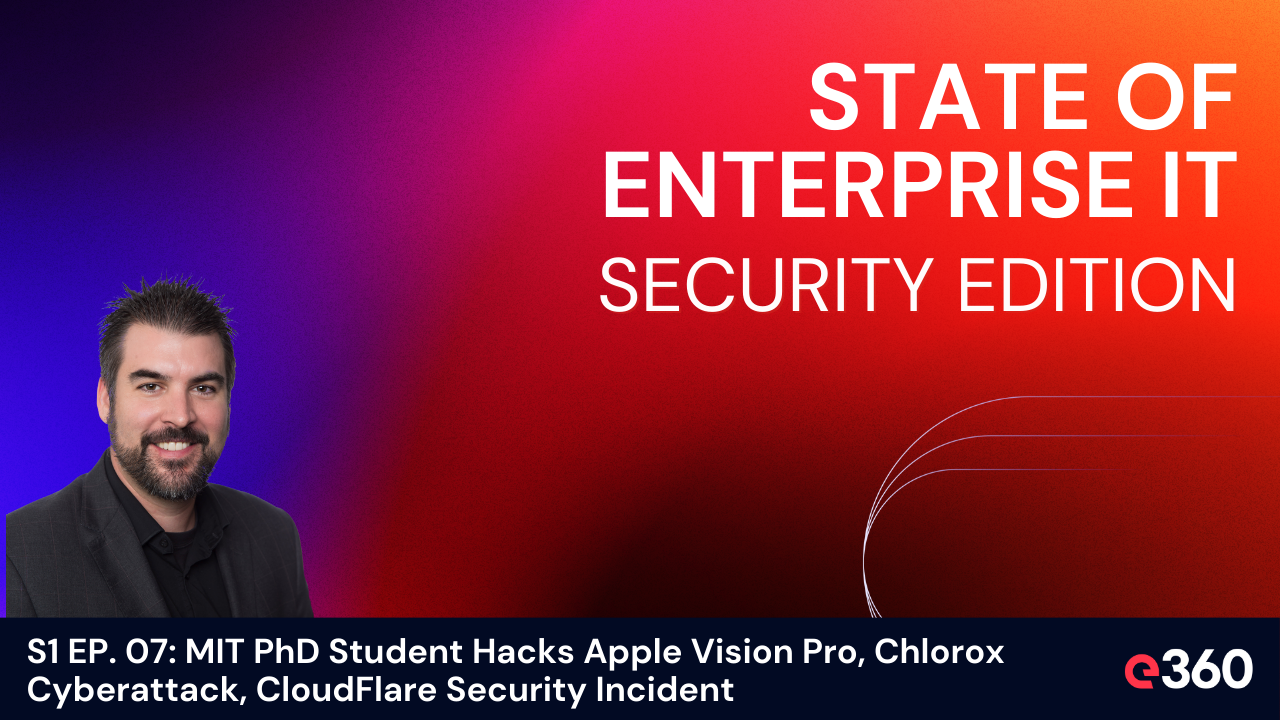In a focused discussion from Episode Eight of the State of Enterprise IT Security podcast, host Brad Bussie tackles the critical issue of AI-generated misinformation in democratic elections. The episode zeroes in on a significant development: major tech companies' commitment to combat AI-generated "trickery," exploring the complexities of this initiative and its implications for election integrity.
The heart of the discussion revolves around an accord signed by tech giants like Adobe, Amazon, Google, IBM, Meta, Microsoft OpenAI, and TikTok at the Munich security conference. This agreement pledges to adopt "reasonable precautions" to prevent AI tools from undermining democratic elections globally. Bussie, however, raises concerns about the accord's potential effectiveness, noting a possible leniency in its approach: "And if you ask me, I think they're taking a bit of a kid gloves approach to this... the companies aren't committed to ban or even remove deepfakes."
Bussie underscores the challenge of ensuring the public actually notices and heeds the warnings about deceptive AI content. With social media users' notoriously short attention spans, merely detecting and labeling misinformation may not suffice: "Detecting and labeling is one thing... attention span is super short and generally they're not reading something, it's just flashing by."
A poignant example cited is a robocall incident in New Hampshire, where a voice mimicking President Joe Biden attempted to dissuade voters—an illustrative case of the real-world threats posed by AI-generated misinformation. This leads to a broader discussion on the necessity of legislative action alongside technological solutions to fortify election security against AI threats.
Key Takeaways:
- Tech Giants' Accord: Major tech companies have pledged to fight AI-generated misinformation in elections, though doubts remain about the strength and scope of their commitment.
- Effectiveness of Measures: The strategy of detecting and labeling deceptive content faces practical challenges, notably the brief attention spans of users on digital platforms.
- Legislative Action Needed: The episode highlights a call for more comprehensive governance controls and legislation to address AI-generated misinformation effectively.
- Public Vigilance: Bussie emphasizes the importance of public awareness, critical thinking, and fact-checking as essential defenses against misinformation as election seasons approach.
There is a nuanced battle against AI-generated misinformation in elections. While the accord signed by tech companies marks a step forward, it opens up a dialogue about the multifaceted approach required to protect the integrity of democratic processes. Legislative action, technological innovation, and heightened public awareness emerge as critical pillars in this ongoing effort.
Episode Eight of the "State of Enterprise IT Security" podcast is available now. For more insights into how technology shapes our world, stay tuned to our blog for the latest in enterprise IT security and beyond.



